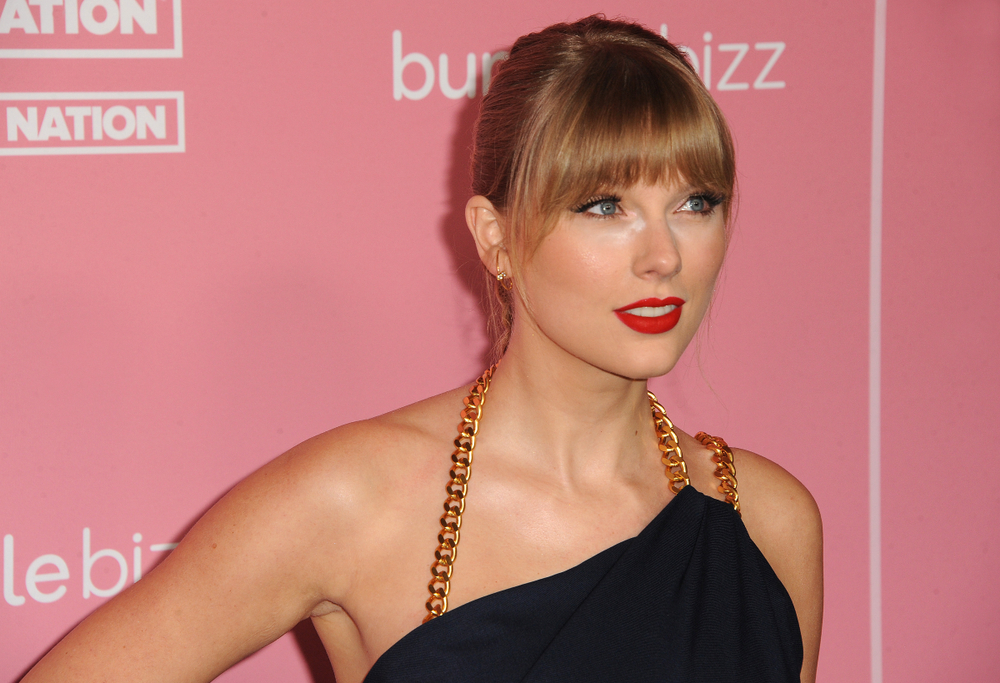Explicit deep fake images of Taylor Swift have ignited fierce debate over AI’s potential for creating and spreading misinformation.
Speaking amid a cascade of reactions from the tech industry and the public, Microsoft CEO Satya Nadella addressed the disturbing trend of AI-generated fake nudes.
During an exclusive interview with NBC News, Nadella expressed his concern over the situation, describing the proliferation of such content as “alarming and terrible.”
He emphasized the urgent need for action, stating, “I think it behooves us to move fast on this.” Nadella highlighted the importance of implementing stricter “guardrails” around AI technology to ensure safer online content.
The issue is that guardrails simply don’t work that well. Study after study has revealed how most sophisticated AI models are vulnerable to numerous forms of manipulation.
Nadella acknowledged efforts to tackle deep fakes but stressed the need for a global societal consensus on when law enforcement and tech platforms should collaborate to govern content.
That could be a slippery slope for privacy, and passing responsibility for Big Tech’s products to law enforcement is a questionable angle.
Meanwhile, there has been progress in tracing the culprits of the Taylor Swift images, which may stem from a report by 404 Media, which traced the images back to a Telegram group known for producing nonconsensual pornographic content.
This group has previously recommended creating such images using Microsoft’s Designer image generator, exploiting a loophole in the AI guardrails.
While it’s not definitively proven that Designer was used in this instance, it highlights the ineffectiveness of current methods to restrict harm.
Microsoft later issued a statement to NBC: “We take these reports very seriously and are committed to providing a safe experience for everyone. We have investigated these reports and have not been able to reproduce the explicit images in these reports.”
“Our content safety filters for explicit content were running and we have found no evidence that they were bypassed so far. Out of an abundance of caution, we have taken steps to strengthen our text filtering prompts and address the misuse of our services.”
Widespread reactions
The response hasn’t been limited to the tech industry.
SAG-AFTRA, the union representing actors and other media professionals, described the images of Taylor Swift as “upsetting, harmful, and deeply concerning” and advocated for legal action.
The union, which was locked in the history-making Hollywood actors’ strike last year, supports comprehensive AI legislation, which remains sorely lacking when it comes to near-term risks like deep fakes.
Meanwhile, the tag #ProtectTaylorSwift trended worldwide as people joined the condemnation.
Vigilante justice?
Taylor Swift is backed by millions of “Swifties, ” who have a fearsome reputation for confronting those who speak ill of the star.
An X profile named Zubera Abdi, identified as the Canadian user who potentially disseminated the AI-generated NSFW images of Swift, became the target of a digital manhunt.
Abdi confidently taunted, “I don’t care how powerful Swifties are, they’ll never find me,” underestimating the resolve of Swift’s fanbase.
Abdi’s defiance was short-lived as Swifties mobilized and located his full name, Zubear Mohamed Abdi.
zubear abdi aka @zvbear
toronto, ontario, canada
studied: University of Toronto Scarborough
Somalian but lives in Canadastill need an exact addy though. pic.twitter.com/N8L7yZsaso
— 𝗯𝗿𝗼𝘁𝗵𝗲𝗿… (@theantiqueswift) January 25, 2024
The situation escalated as Abdi’s personal information was widely shared among Swifties, with one commenting, “They got that full government (name) in headlines now dawg he’s FINISHED.”
Another user, @Melodic_Lemons3, hinted at the potential legal consequences Abdi could face, noting, “Zubear Mohamed Abdi is cooked,” especially in light of the White House expressing alarm over the explicit AI-generated images of Swift.
Zubear Mohamed Abdi is cooked https://t.co/WfRQA1Sjm5
— 𝕸𝖊𝖑𝖔𝖉𝖎𝖈❤️🔥 #FreePalestine (@Melodic_Lemons3) January 26, 2024
Faced with the overwhelming backlash and the prospect of legal troubles, Abdi conceded to the pressure, opting for a “tactical retreat” by making his account private.
“Now I’m dealing with Swifties. A whole different animal,” he said. “This is a Tactical Retreat, every great army has done this.”
Abdi, if he was responsible, undoubtedly messed with the wrong person here, but not every victim of deep fake crime has millions of supporters to back them.





